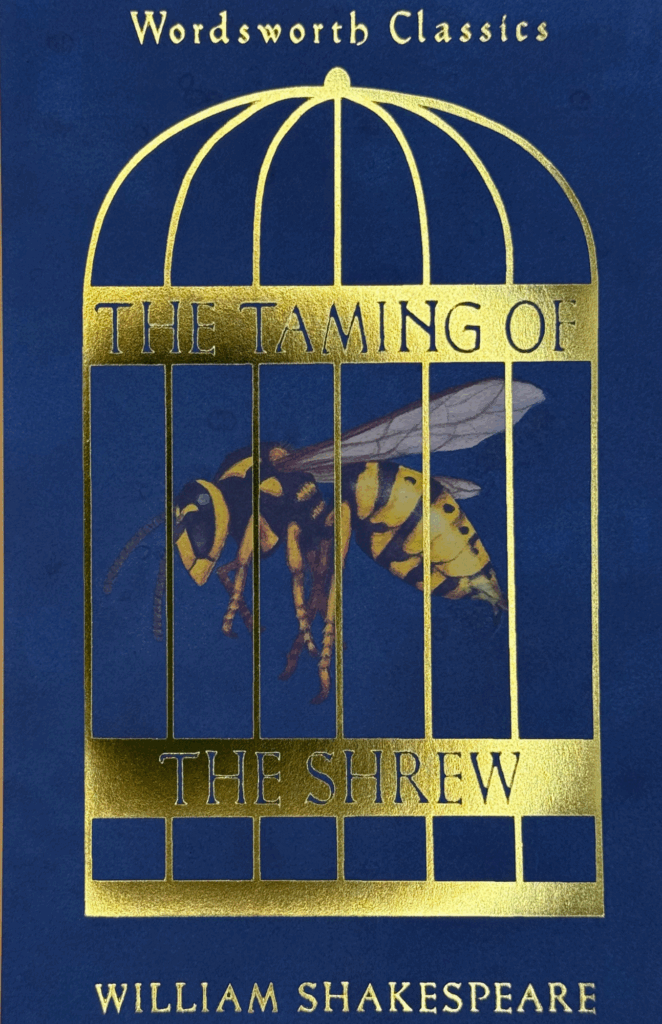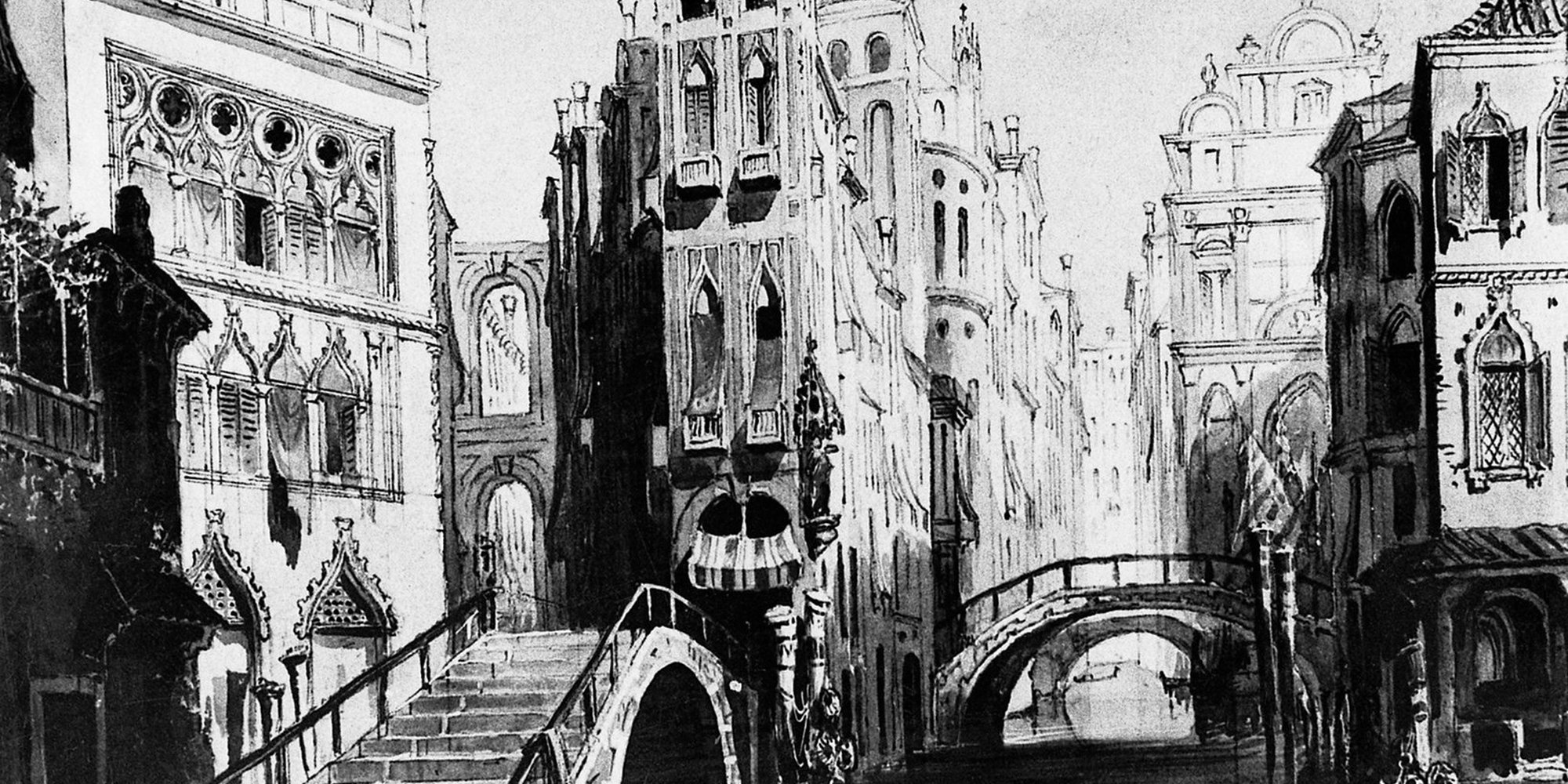
Sally Minogue on stereotypes and prejudice in Classic Literature
‘If you prick us, do we not bleed?’ Sally Minogue considers how we should look at historical stereotyping and prejudice in classic literature.
Should we pull down statues of figures who were once important enough to have statues raised to remember them, but are now discredited? This is a question that has become acute recently. In the American South, there was civil unrest when opposing groups clashed about statues celebrating Confederate heroes. Here in Oxford, students have protested the lauding, in statues and through named scholarships, of such figures as Robert Clive and Cecil Rhodes. These titans of imperialism might be seen to have created a climate which directly excluded black students from entry into Oxford, even up to the present day, where only a tiny minority of black students make up the student body.
A similar question arises with prejudicial attitudes embedded in classic literature. Perhaps the most striking of such attitudes is anti-semitism, particularly prevalent in nineteenth-century fiction which is the foundation of our classic literature. When I recently re-read Thackeray’s Vanity Fair for my blog on the television adaptation, I was struck by a current of antisemitism there – minor, casual, very much under the surface, but perhaps all the more problematic as it is assumed to be, casually, shared. In a much more serious example, Charles Dickens’ Oliver Twist puts an anti-semitic caricature at the forefront of the novel, in the person of Fagin – a model that has been carried through in popular culture in Lionel Bart’s musical and the subsequent film Oliver. A similar thought struck me when reading Charlotte Brontë, but here the prejudice is unusual in that it is against Catholics. It is at its strongest in Villette; and yet that is the novel in which Brontë’s heroine Lucy Snowe, in her despair, seeks solace in a Catholic church – and receives it. Bronte is absolved then by her artistic balance. There’s not usually any such balance with anti-semitism.
We may be shocked to acknowledge that many of these stereotypes begin – in literary terms anyway – with Shakespeare. Shakespeare: the great dramatic exponent of the human condition, the writer who seems to contain multitudes and (in the theatrical moment of the play, anyway) float free from his cultural and political context. But of course, he doesn’t. He is inevitably mired in his historical moment. Even though he allows Shylock, in The Merchant of Venice, to voice one of the great egalitarian appeals to common humanity, in his long ‘Hath not a Jew eyes?’ speech (Act 3, Sc. 1), that is dramatically undermined by his reaction to his daughter Jessica’s elopement with the Christian Lorenzo. Jessica takes with her considerable riches – money in the form of ducats, and jewellery including a valuable ring of her mother’s. Only a few lines after asking ‘Hath not a Jew hands, organs, dimensions, senses, affections, passions?’, Shylock avers, ‘I would my daughter were dead at my foot, and the jewels in her ear: would she were hears’d at my foot, and the ducats in her coffin’. Shakespeare shamelessly plays to a stereotype here in which he shows Shylock as not having the same affections and passions as the Christians surrounding him; apparently, his daughter’s loss is less important to him than the loss of his ducats. And this idea has already been implanted earlier, in Act 2, Sc. 8, where Solanio and Salerio caricature his first reaction to Jessica’s elopement: “‘My daughter! Oh my ducats! O my daughter!’” This horrible equation of loss of money with the loss of his much-loved daughter thus bookends the ‘Hath not a Jew eyes?’ speech; it sticks in the mind, and indeed in the craw. Meanwhile, in the theatrical course of the play, Shylock is shafted by the Christian hegemony whose economic success has been driven by his loans.
Shakespeare can equally be called to task for casting Othello finally as a murderer, and for showing Petruchio to be triumphant over Katharine in the scarily titled The Taming of the Shrew. Our familiarity with these texts makes it more difficult to distance ourselves from them. Personally, I exempt Othello from the charge of stereotyping because I think that there is enough of complexity, both dramatic and poetic, for the audience to engage in a fully human way with Othello himself and with the play. But The Merchant of Venice and The Taming of the Shrew exercise me, and for all the productions I’ve seen that try to modernise or undermine the prevailing mood of those plays, the one reason I can see for their being performed now is to dramatise the historical difference between now and then – or at any rate to make us think more clearly about hidden as well as overt forms of anti-semitism now. Humanity isn’t and doesn’t remain the same when it is articulated in culture; how it appears is a function of its social context. This is what we need to be aware of as readers of and audiences of works from previous centuries – including the recent twentieth century where plenty of prejudice still abides. Anti-semitism in Ezra Pound and T. S. Eliot, fascism in W. B. Yeats, class snobbery in Virginia Woolf, imperialism in Rudyard Kipling, stereotyping of Africa as the ‘heart of darkness’ in Joseph Conrad …
But here comes a thrilling fact about art and the emanations of culture to counteract the above. There are always counter-examples. There are always writers who go against the current tide of thinking and feeling. For every Dickens or Thackeray whom we may defend from the ‘Well, he was of his time, he was only voicing current opinion’ – there is a writer who stands up against that current tide. Against Pound and Eliot stands James Joyce, whose Ulysses – with a Jewish Irishman as its ordinary hero – at one brilliant blow felled class, religious and anti-Irish stereotypes in a wonderfully eclectic and democratic fiction which was furthermore highly experimental and challenged all readerly expectations as well as expectations of attitude. Against Woolf stands D. H. Lawrence whose understanding of class derives uniquely from his being working class himself. Against her nineteenth-century counterparts stands George Eliot with Daniel Deronda, which puts Jewishness at the centre of the fiction and of its sympathy. And Jane Austen, for all the narrowness we may attribute to her in terms of the small social picture she depicts, never falls into the trap of antisemitism, and at the same time subverts standard expectations of the lot and capacity of women.
These are the heroes of fiction, standing out against the prevailing attitudes of their own time. But even the twentieth-century writers (the ones, after all, who ought to know better) that I’ve put on a charge above can be said to have altered the balance sheet in other ways. Woolf wrote incomparably from and about the consciousness of women; Conrad, for all the criticisms ranged against him, altered profoundly our understanding of the imperial impulse, as indeed did Kipling; Yeats re-imagined Irish identity in the context of modern consciousness, while T. S. Eliot radically rewrote poetic form. And to return to Shakespeare, what are two or three plays against his vast, swarming, lyrical humanity?
But this is not to excuse. These issues should always be raised, and if possible within the productions and publications that disseminate them – not through censorship, but through open discussion. And I’m always going to cheer most loudly for those writers who stood against the tide of prevailing opinion; they are the models for the writers who followed, and they are the markers of our conscience as readers.
[Picture: ‘The Merchant of Venice’ set, 1858]
Books associated with this article
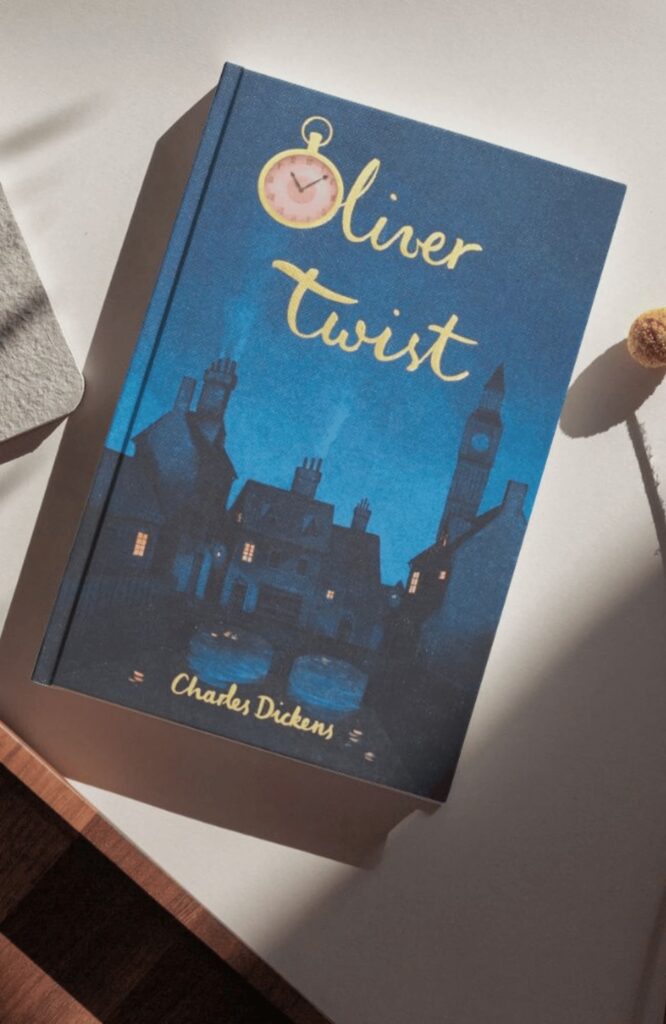
Oliver Twist (Collector’s Edition)
Charles Dickens
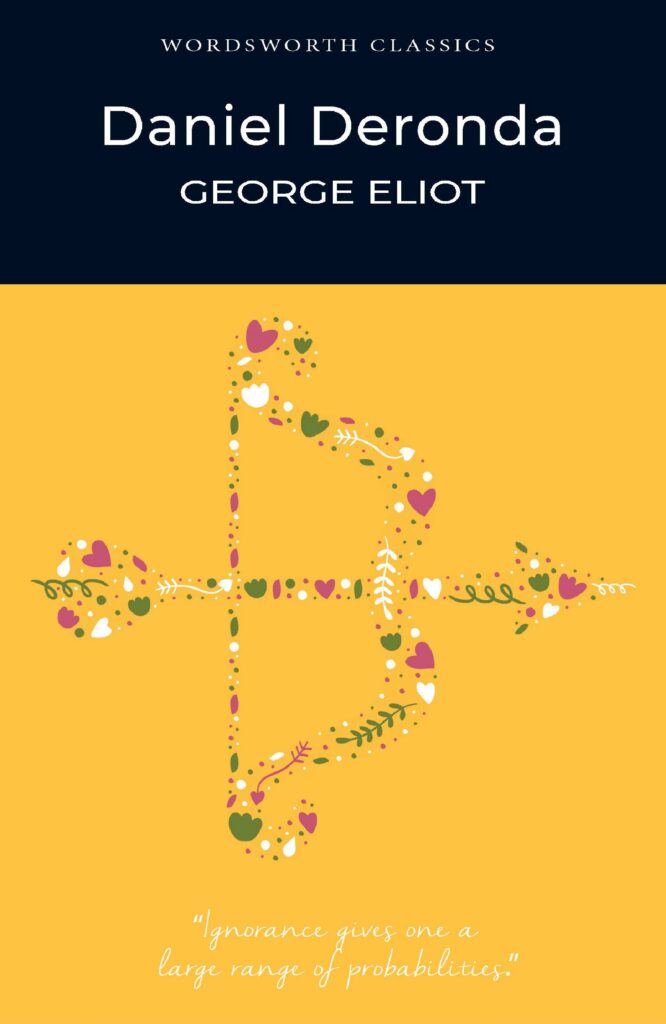
Daniel Deronda
George Eliot
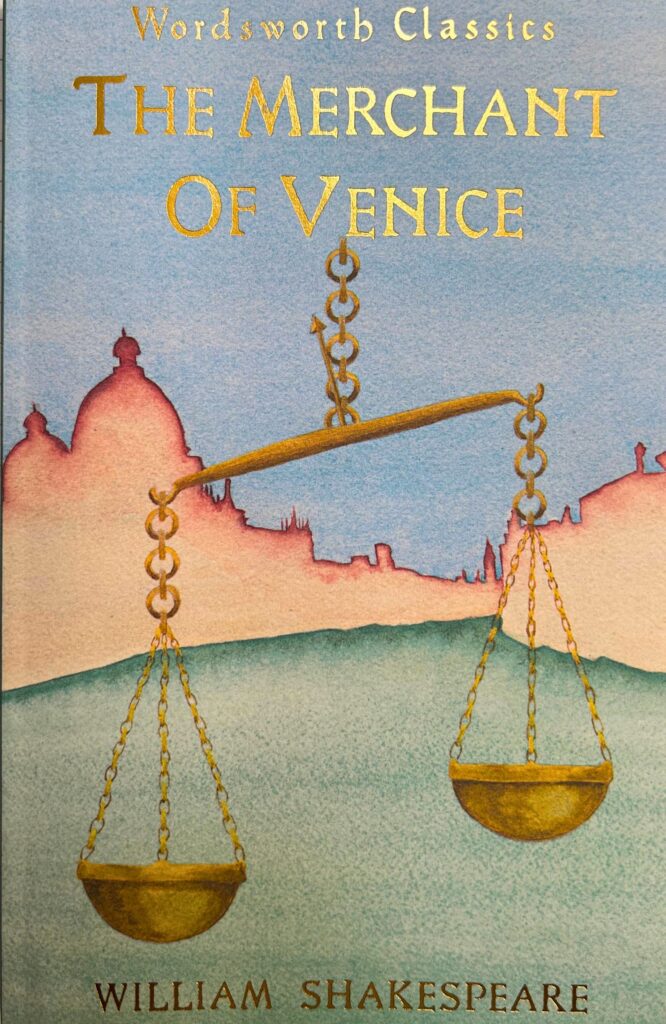
The Merchant of Venice
William Shakespeare
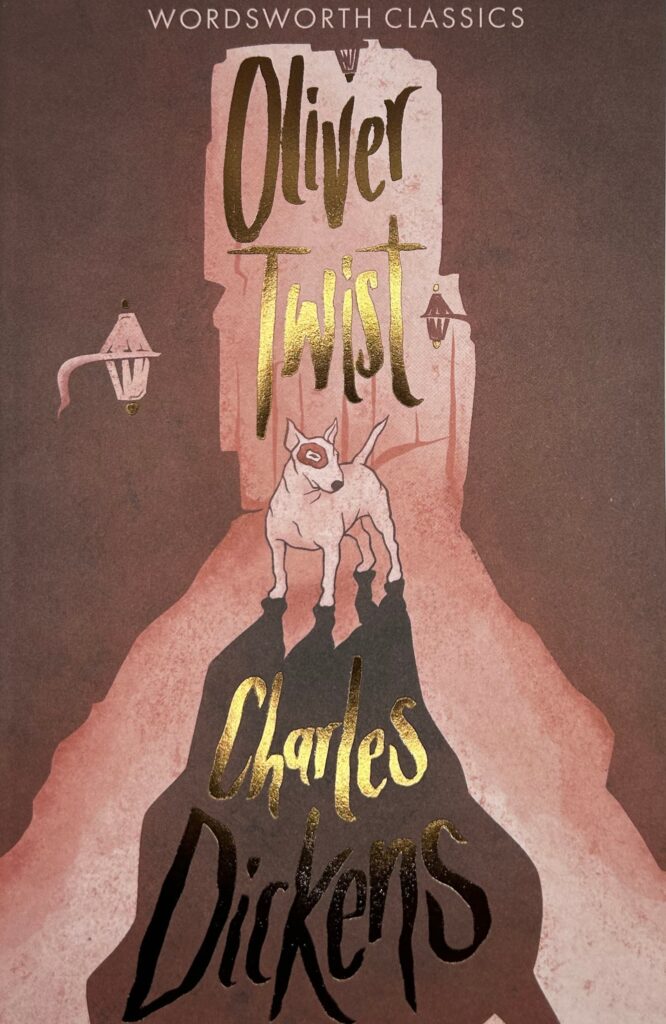
Oliver Twist
Charles Dickens
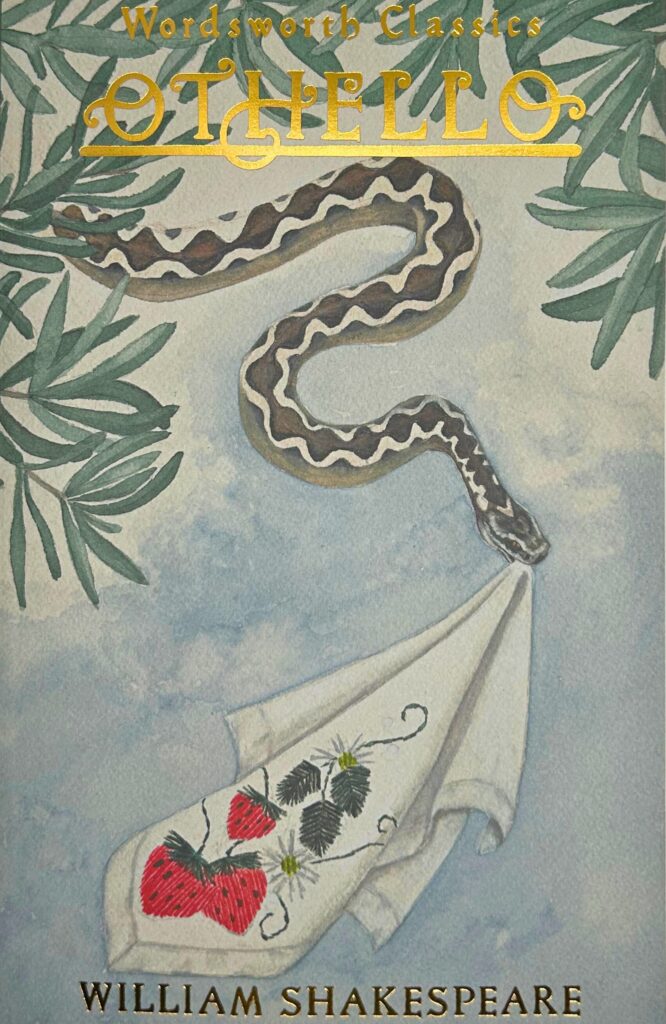
Othello
William Shakespeare
